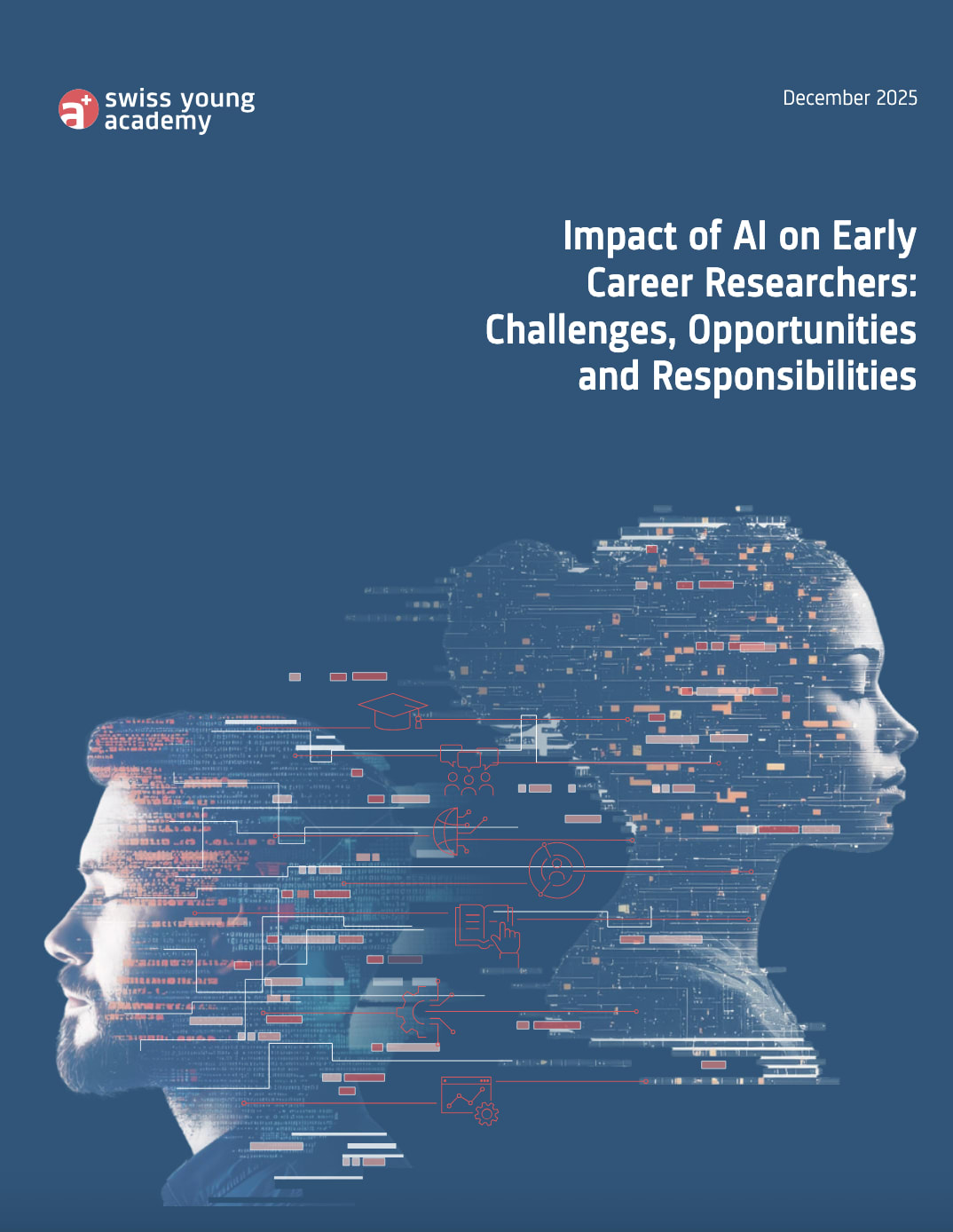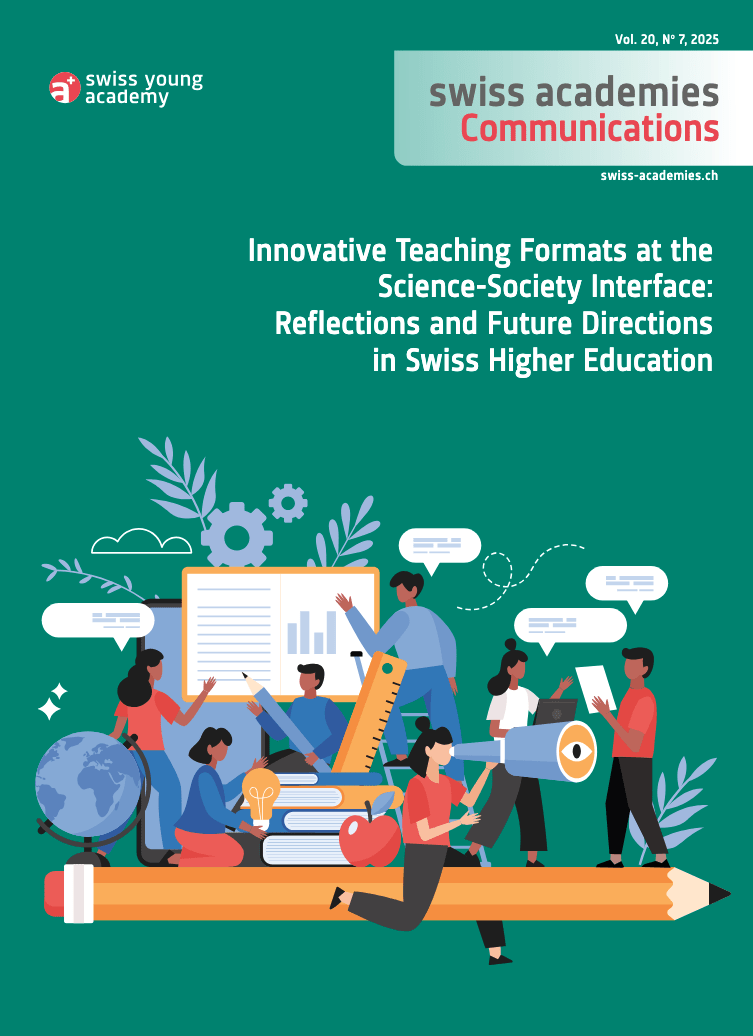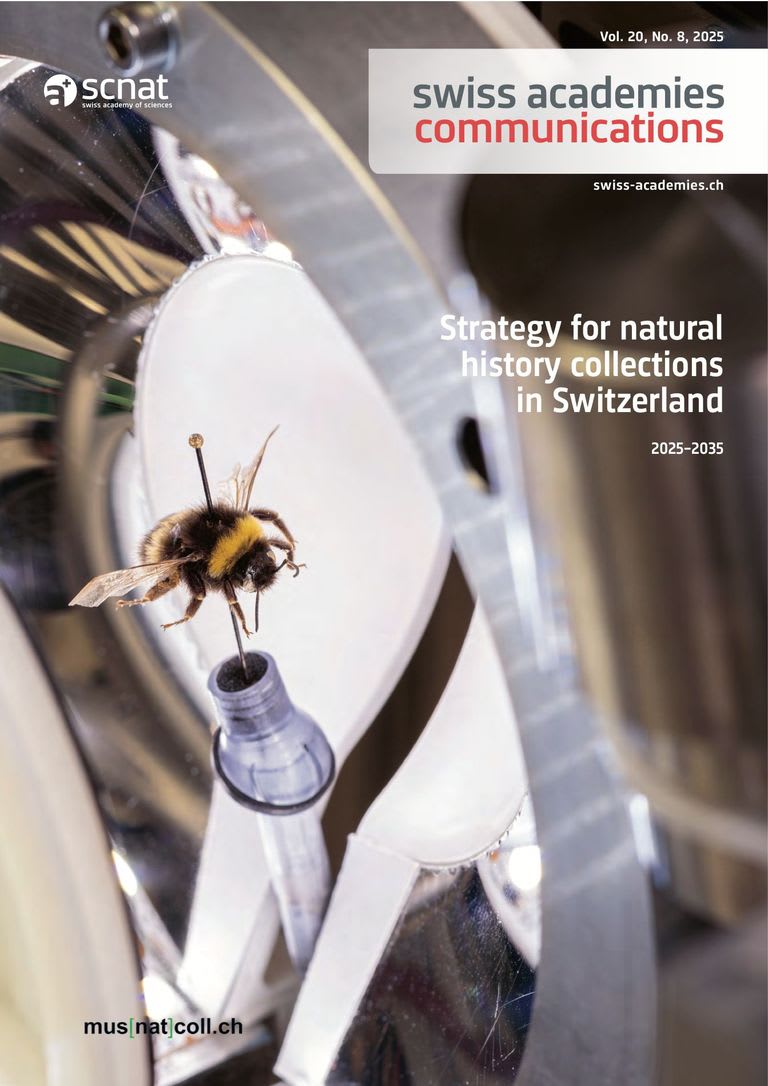Swiss Academy of Humanities and Social Sciences SAHS
Erinnerung partizipativ gestalten
Zivilgesellschaftliche Teilhabe an der Gestaltung öffentlicher Erinnerungskultur in der Schweiz
1999 transportierte ein Künstlerkollektiv das Denkmal für Alfred Escher und drei weitere Statuen von der Zürcher Innenstadt ins Trendquartier in Zürich West. Die leeren Sockel überliess man der Öffentlichkeit als Bühne und Kunstplattform. In der Stadt Portland (USA) animierte eine Non-Profit-Organisation nach mehreren Denkmalstürzen Aktivistenverbände und Nachbarschaften dazu, Ideen zur Umgestaltung der lokalen Denkmallandschaft einzureichen. Daraus entstand eine Online-Galerie und die Ausstellung «Prototypes». 2022 stimmte das Schweizer Parlament fast geschlossen für ein nationales Holocaust-Memorial. Der Anstoss dafür kam von rund 50 Organisationen aus der Zivilgesellschaft.
Dies sind drei der 14 Denkmalaktionen aus dem In- und Ausland, welche die Historikerin Anne Schillig und die Geschichtsdidaktiker Sebastián Lingenhöle und Gian Knoll (Pädagogische Hochschule Luzern) untersucht haben. Sie führten weiter Leitfadeninterviews mit Verantwortlichen von sieben Teilhabe-Projekten. Daraus resultieren ein Mapping von Teilhabepraktiken, «Good Practices» von Behörden sowie zehn Empfehlungen für zivilgesellschaftliche Teilhabe an Erinnerungskultur in der Schweiz.
Schillig, Anne, Gian Knoll und Sebastián Lingenhöle (2022): Erinnerung partizipativ gestalten. Zivilgesellschaftliche Teilhabe an der Gestaltung öffentlicher Erinnerungskultur in der Schweiz. Bericht im Auftrag der Schweizerischen Akademie der Geistes- und Sozialwissenschaften (Swiss Academies Reports 17,1).




